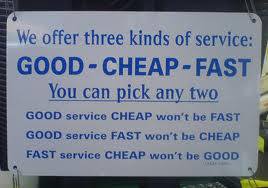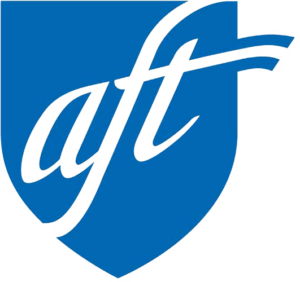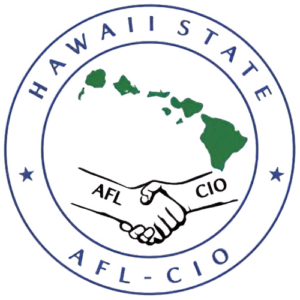By David Duffy, UHPA President
The creation and transmission of knowledge have been the traditional products of higher education. Learning and scholarship acquired through study are acknowledged by the awarding of a degree. Students are not taught a particular trade. They are taught to think for themselves, to write and to speak in ways that convince others, to understand what they read, to learn how to learn, and to continue to educate themselves, wherever life takes them.
But more recently, other views of universities and their products have emerged, reflecting different values.
Workforce training
One of the most popular new products is workforce training, preparing students for today’s jobs. While this seems logical and more efficient than the liberal arts, it is actually a fool’s errand. A degree suitable for today’s market may soon be out of date. Where are the jobs for COBOL programmers, reporters, editors, stenographers, photo lab technicians, illustrators, bookstore clerks, travel agents, farmers, and elementary art and gym teachers?
Or put another way, ten years ago jobs as app developers, sustainability experts and data miners didn’t exist. Going forward, the future of lawyers and accountants doesn’t look so good as they can be replaced by apps on an iPhone, and, as we will see below, even university professors may become obsolete.
Workforce training also ignores the human element.
Most six-year olds want to be firemen, sports stars, doctors, or astronauts, but the world is not awash in any of these. Even 18-year olds rarely know what they want to become. As they take courses, they may find their planned professions are not what they wanted, or the prerequisite courses deter them. This more or less guarantees a certain level of inefficiency in earning a degree.
Buying degrees
A more insidious product for academia is what is essentially the buying of degrees. Education becomes a purchase, not learning. From the student and parental point of view, they pay good money, and lots of it, and they expect good grades and a degree. Enrollment in a course, not mastering its contents, has become the product. Professors under pressure have found it easier to succumb to grade inflation. If they don’t, they may not be promoted. Of course, quality doesn’t enter into this equation.
Efficiency
At an increasing numbers of universities, efficiency has become the product. Degrees awarded, time to degree, and cost of a degree have become the metrics of success for politicians and university governing bodies applying production line business models to education. Learning is just too difficult to measure. The logical responses by the university are easier grading, fewer course requirements, and lower expectations for a degree. Costs can be cut by hiring temporary faculty who lack medical and retirement benefits and are disposable if enrollments fall. Without permanent faculty to oversee academics, administrators take over and by necessity they dance to the tune of efficiency, not academics. And again, excellence doesn’t enter into things.
Economics or making a profit from the non-profits
There have always been for-profit academic institutions. With the easy availability of privately financed student loans, the for-profits could rake in the tuition dollars. However, with the federal government taking over the student loan business and going after the greediest of the for-profits, the financial awards became less attractive.
Although not guilty perhaps of such conscious avarice, the non-profits also benefited from the easy availability of money, enabling them to raise tuition, to raise faculty salaries, to construct new academic buildings and ever more luxurious dorms, and to pile up highly paid administrative cadres. The result for students, whether they graduated or not, was the massive accumulation of debt that could take decades to pay off.
With academic aid taken over by the government and for-profits increasingly brought to heel, the solution to the search for profits turned next to the non-profits, the traditional institutions of higher learning. Admittedly universities are rarely models of economic efficiency, so fast-talking financiers and venture capitalists teamed up with academics to try to sell MOOC’s (Massive Open Online Courses). One professor could teach a thousand or a hundred thousand students via well-produced lectures. Students would never interact with the faculty. If they needed assistance, they could interact amongst themselves on-line or with poorly-paid assistants at the academic equivalent of calling centers located around the world. Once produced, MOOC’s cost little and would represent a pure and continuing profit.
The immediate economic benefit would be elimination of the need for faculty except for the few who could be contracted to star in the MOOC’s: indeed actors could replace faculty, reading from a script. An unanticipated intermediate benefit would be the demise of most universities , except for the most prestigious which could and would charge a premium for small in-person classes taught by real life faculty and yielding prestigious degrees.
 The eventual result might be economically efficient but devastating for society.
The eventual result might be economically efficient but devastating for society.
Higher education would be controlled by a few large entities, which would market to a common denominator, oblivious to local or regional needs or even to innovation.
There is a saying in business that you can have two of the following three: cheap, fast, or good. American higher education seems to have chosen cheap and fast over quality. Is this good for America?
Closer to home, is cheap and fast good for Hawai`i?
As the most isolated inhabited island on the planet, we need a population that can adapt and solve new challenges as they arise. We also need educational approaches that speak both to the indigenous Kanaka Maoli, and to our many minorities who may not fit the cookie- cutter approaches of MOOCs.
Perhaps in the end maybe we need to have only one product: excellence.
Students can learn how to be excellent in some one area, be it English poetry, Latin, mathematics or sports, and to appreciate the effort needed to be excellent. During their careers, they would continue to pursue and achieve excellence in whatever fields they chose, be it law, business, academia or farming.
Added on August 2, 2015:
University of Phoenix under investigation
The ultimate university run as a business, The University of Phoenix, is under investigation by the Federal Trade Commission, has experienced a 54% decline in enrollment and its stock has gone from 34 to 12 dollars per share since the start of the year. Its business products included a graduate rate of just over 7% and a 19% student loan default rate. Phoenix targeted veterans of the Iraqi and Afghanistan wars as its customers, as they get support from the GI Bill to attend college.
source: Daily Beast, and Reveal News.org



